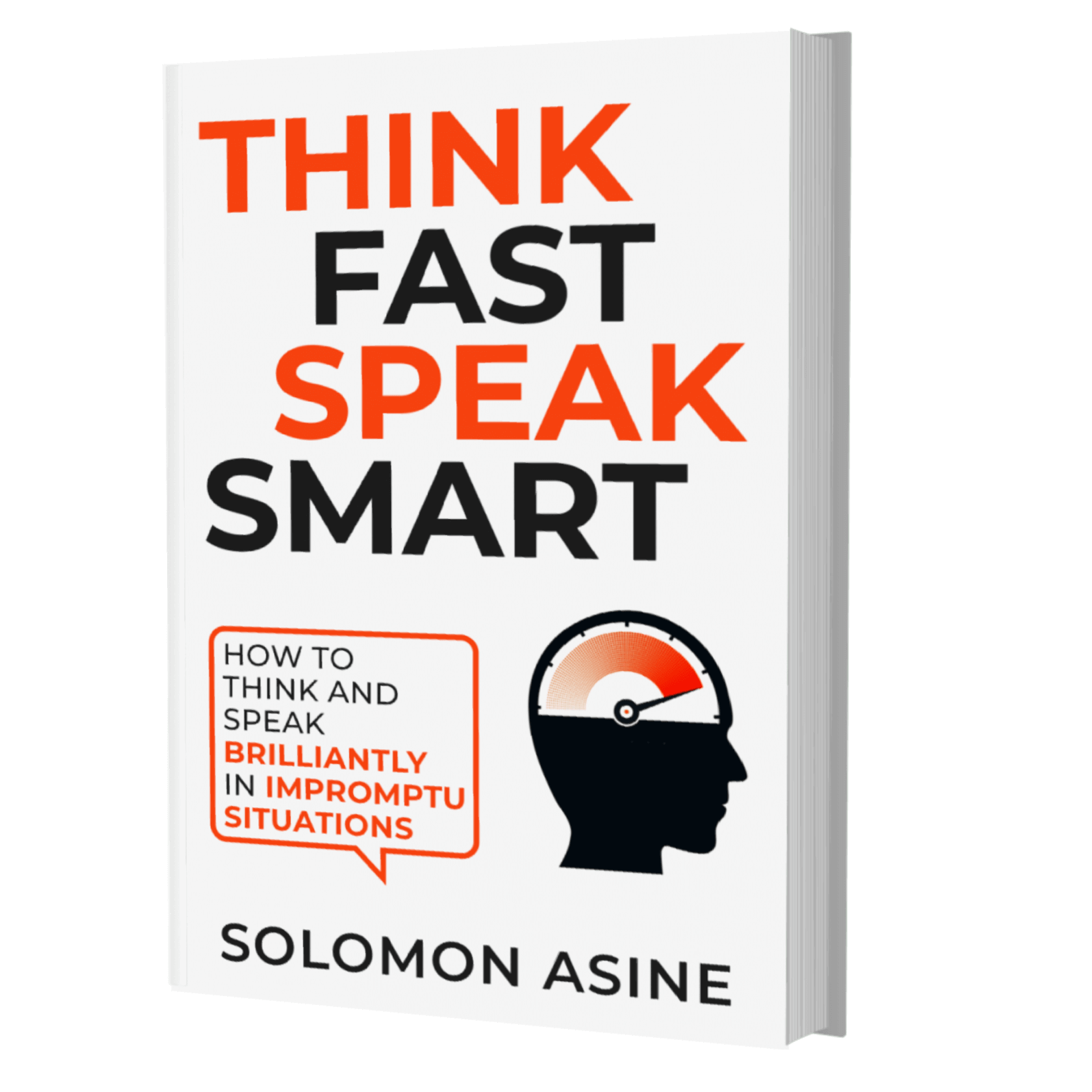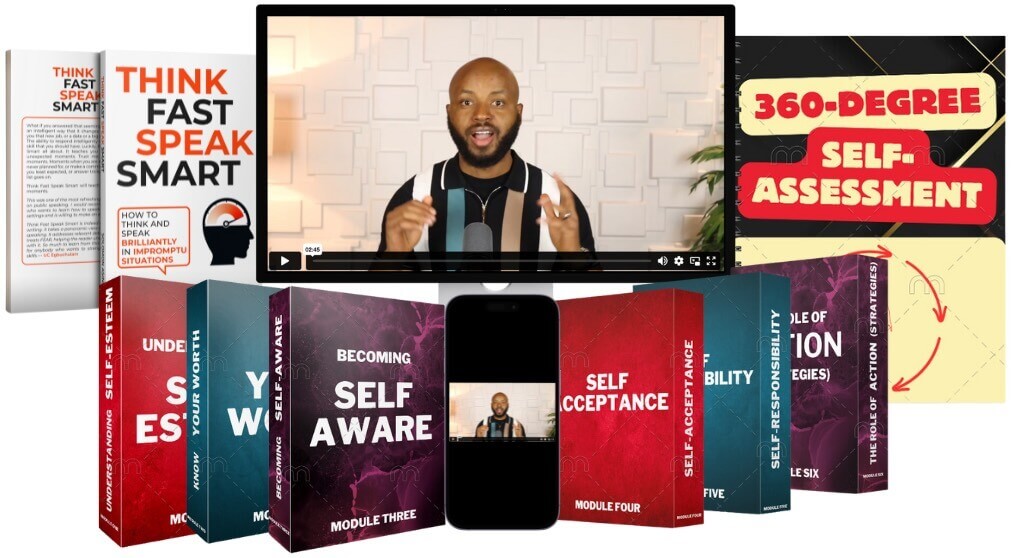
Leaving a Toxic Job: 10 Steps to Get Out
Have you ever found yourself stuck in a job that drains the life out of you? A challenging 9 to 5 job can be difficult
If you feel like humans are increasingly becoming physically and emotionally isolated, you are not alone. Technology has drastically increased our virtual connectivity but has sadly decreased our physical and emotional connection with fellow humans. Consequently, there is a decrease in empathy; that is the ability to place ourselves in someone else’s shoes. For good measure, empathy is the ability to experience an individual’s inner world, understanding their emotional makeup, and using that knowledge and understanding to guide our actions towards them.
Empathy is the foundation for rapport; it opens the door for connection and intimacy. It helps us understand and relate with others. Unfortunately, the world is running low on empathy.
If there is a time that the world needs more empathetic people, now is the time. According to Roman Krznaric the author of Empathy: Why It Matters, and How to Get It, “we can use empathy as a radical force for social transformation.”
To give a brief insight into the concept of empathy, take a look at the following conversations.
Conversation A
A: Hey buddy! How are you doing? How is work?
B: Well, I lost my job recently. It feels like…
A: Wow! So sorry to hear that. I think a lot of people have lost their jobs this season. But before I forget, can you make it to the football game this Saturday?
Conversation B
A: Hey buddy! How are you doing? How is work?
B: Well, I lost my job recently. It feels like everything is falling apart around me.
A: Oh my goodness! So sorry to hear that. When exactly did this happen?
The above are conversations that started the same way but went in two different directions. Party B, in the first scenario, lacks the ability to empathize, thus, changing the subject of discussion and bringing it back to self. On the other hand, party B in the second scenario, upon hearing the situation of party A, keeps the attention on party A, setting the stage for a more in-depth and productive conversation. In such a case, it is important how you make someone feel.
A woman was asked about her impression of the English statesman and former Prime Minister of the United Kingdom Benjamin Disraeli and William Gladstone who was also a Prime Minister of the United Kingdom. This was her response:
“When I left the dining room after sitting next to Mr. Gladstone, I thought he was the cleverest man in England. But after sitting next to Mr. Disraeli, I thought I was the cleverest woman in England.”
While some people are more empathetic than others, several research studies have proven that as humans, we are naturally wired to be empathetic. When a baby hears another baby crying in distress, he too starts crying. Daniel Goleman writes that after one year two months of age, babies not only cry when they hear another baby crying, they also try to relieve the other baby’s suffering.
Although the world has a unique way of knocking out from us the ability to empathize, we can regain and develop empathy. Here is a path to developing empathy.
Most of us developed and grew up in an environment with people that are like us. We associate with people of the same religious beliefs, people with similar political affiliation, sexual orientation, race, to mention a few. Over time we naturally find ourselves within a wall of homogenous ideology and personalities. This could result in a situation were we cringe when we encounter someone who appears to be different, or in worst cases, develop an aversion for them.
A good place to start when trying to develop empathy is to accept that it is okay for people to be different. We must realize that it is our differences that make the world go round. For example, if there were no sinners, Christianity would be nonexistent. If there is no political opposition, a country could be subject to the tyranny of dictatorship. If there is just one language and race, the world would be uninteresting and dull. So, developing the capacity to embrace the differences that exist within humanity creates a solid foundation to build empathy.

When you accept that it is okay for people to be different, you can take a step further by becoming a little bit more curious about people. I know that “keeping-to-yourself” is becoming a trend, but such a mindset could sabotage our chances of developing empathy. According to Roman Krznaric, curiosity expands our empathy when we talk to people outside our usual circle, people who hold different worldviews.
What do you know about that woman who delivers your mails, or that guy that sits alone during lunch hour, or the man who everybody stays away from because of the stereotype around his religion? Krznaric puts it this way, “highly empathic people have an insatiable curiosity about strangers.”
In this age of social media, multitasking, and information overload, it has become more challenging to be present, to pay attention, and to listen. However, it is essential to practice the act of listening, not just the act of staring at the person who is talking, but silencing every mental preoccupation to give our full attention to the speaker. This is called unselfish listening, listening with the intention to understand, and not just to respond.
Such active listening also includes nonverbal pacing, which involves matching body posture and general physical orientation with the other person.
When you practice listening in this manner, it becomes easier to sense the need of another person and relate with their emotional and mental state. It helps us easily connect with people by putting us on the same wavelength as them. Listening is a vital ingredient for rapport. Some of the most productive and enriching conversations that I have had were those that I listened more than I spoke.
Sometimes facial expressions and the stories that people tell do not show how they really feel or give a clear enough picture of a situation. Questions, however, become an instrument that you can use to explore the depth of a situation and the emotions of the other person. Questions bring into light things that might have been forgotten or omitted; they can bring to the fore emotions that are suppressed; they help you understand the situation on different levels.
Ask probing questions like:
Please can you tell me more about that?
How did you feel when that happened?
How do you feel right now?
What was on your mind at that time?
What inspired you in those moments?
These kinds of questions make you see things more clearly, and sometimes make the other person reevaluate certain aspects of a situation.
As you express empathy during a conversation, there is a tendency for the other person to become vulnerable, revealing how they truly feel and sometimes sharing intimate details with you. At the point, it is necessary to show them that you understand how they feel. This singular act strengthens the trust they have for you and create a bridge for a stronger connection.
While it is not always possible to relate with their experience, it is possible to show them that you understand their feelings. People like other people who share similar experiences with them. Even if you don’t have a similar experience, you can share the experience of someone close to you. Either way, it helps you show them that you understand how they feel and that you can relate with them.
Final note
Empathy! Although it sounds simple is, however, a powerful force for change. And just like any other skill, it can be improved when you make conscious effort to do so. And as you would expect, developing empathy can be easy for some people but difficult for others. However, the process of developing empathy is worth the time and effort and should not be disregarded.

To empower you to cultivate a strong self-esteem that transforms your relationships and equips you to overcome life’s obstacles with resilience
New!!! Free Training Replay in...
Check out our latest articles. Boost your social intelligence

Have you ever found yourself stuck in a job that drains the life out of you? A challenging 9 to 5 job can be difficult

You can express yourself confidently without feeling shy or experiencing burnout. Here is how to exude confidence as an introvert. As an introvert, maintaining your

Anyone, including introverts, can live an interesting and fun-filled life. Here is how to be interesting as an introvert. Generally, many people believe that introverts

We sometimes wonder if going into a relationship with a fellow introvert is a good idea. I mean, won’t the relationship be as boring as hell? Maybe not really!

Are you ready to get out of your shell to start your dream business? Here is how to be an entrepreneur as an introvert and become successful!

As an introvert, you might be wondering if you really can become successful as a business owner. Read on to know how business success works for introverts.

Sign up for our mailing list and you will receive the first chapter free!
By signing up, you agree to our terms and privacy policy.
Warning: Apply The Methods in This Training Responsibly

Sign up for our mailing list and get the first chapter for free!
By signing up, you agree to our terms and privacy policy